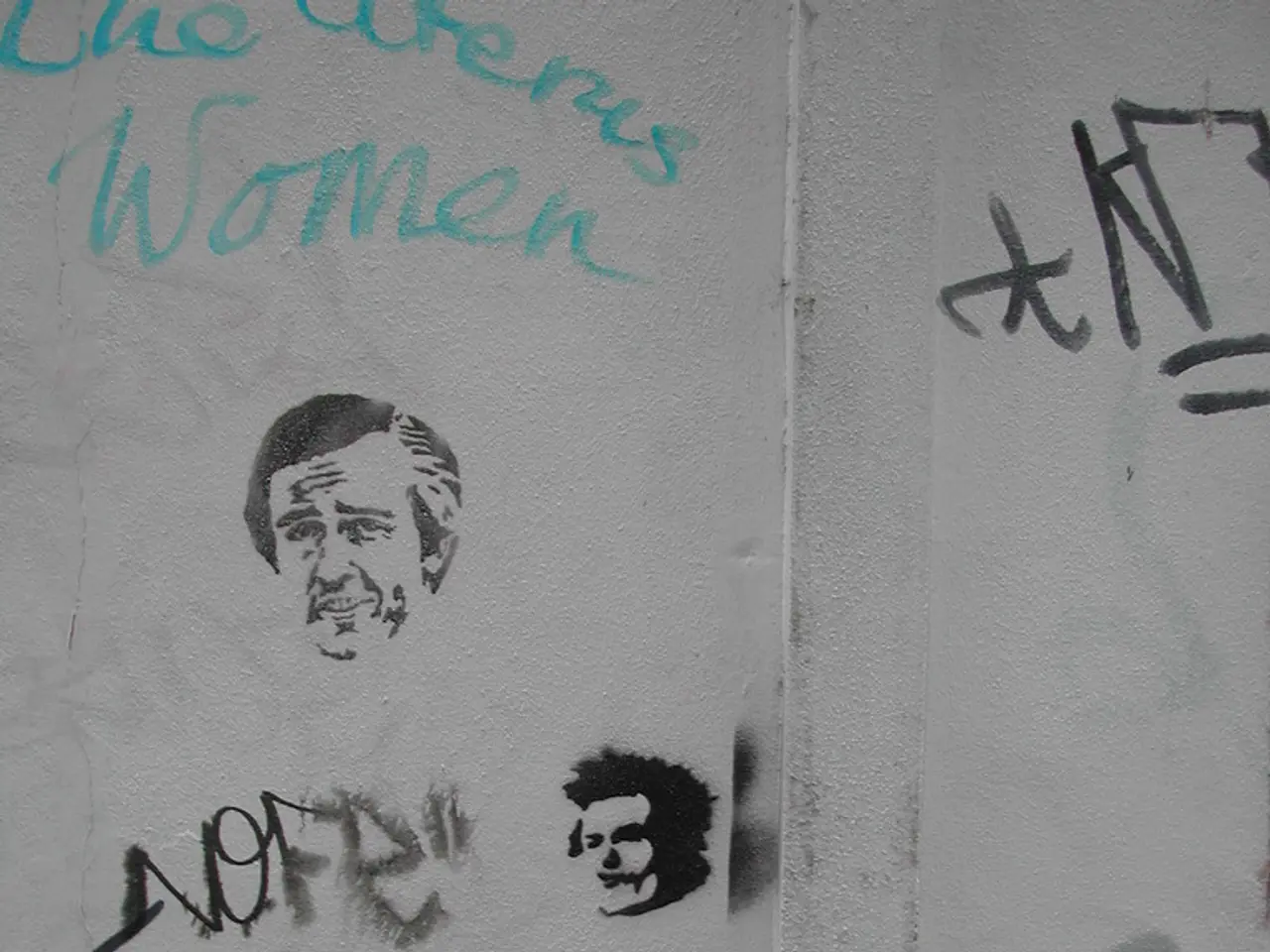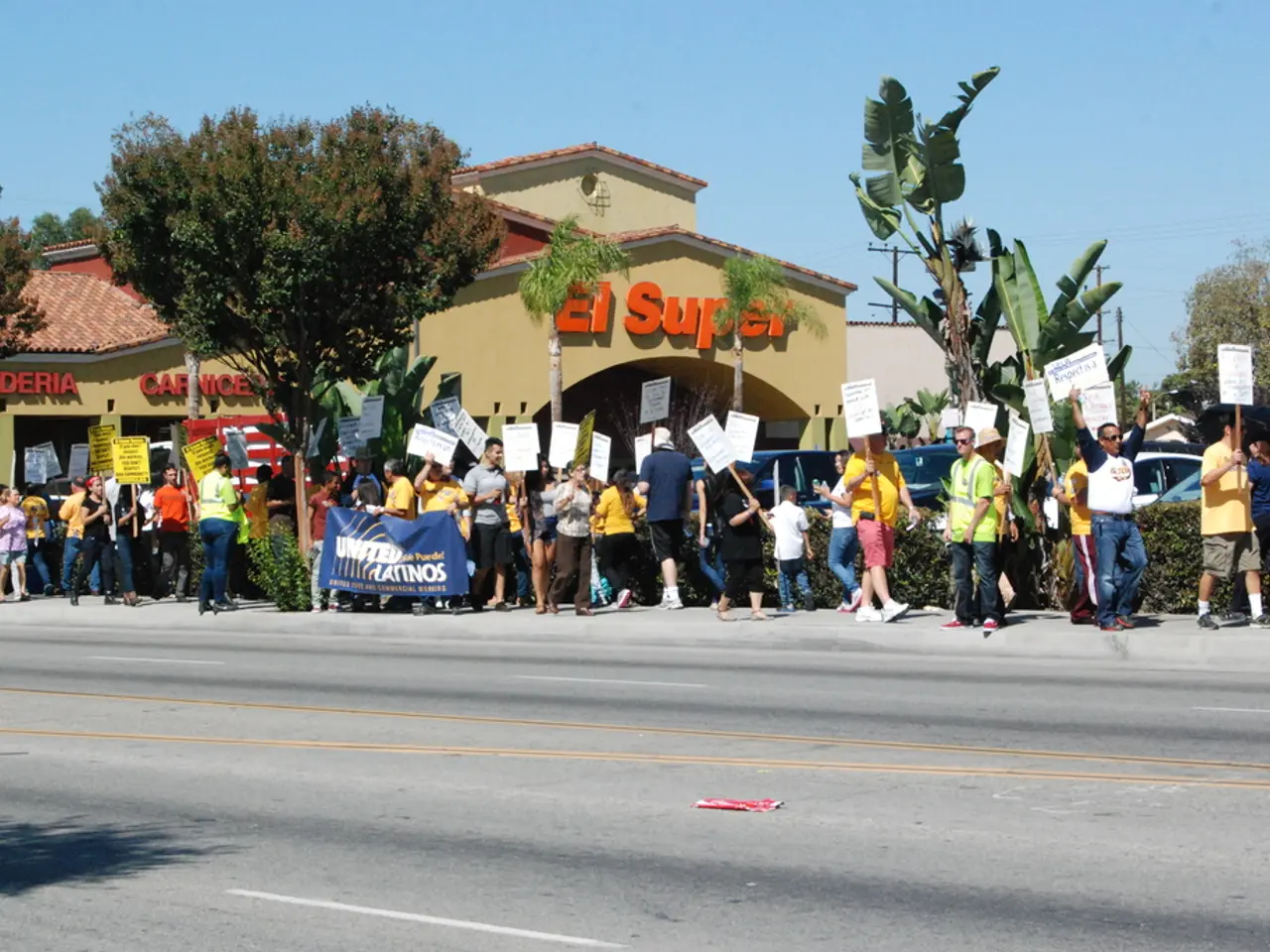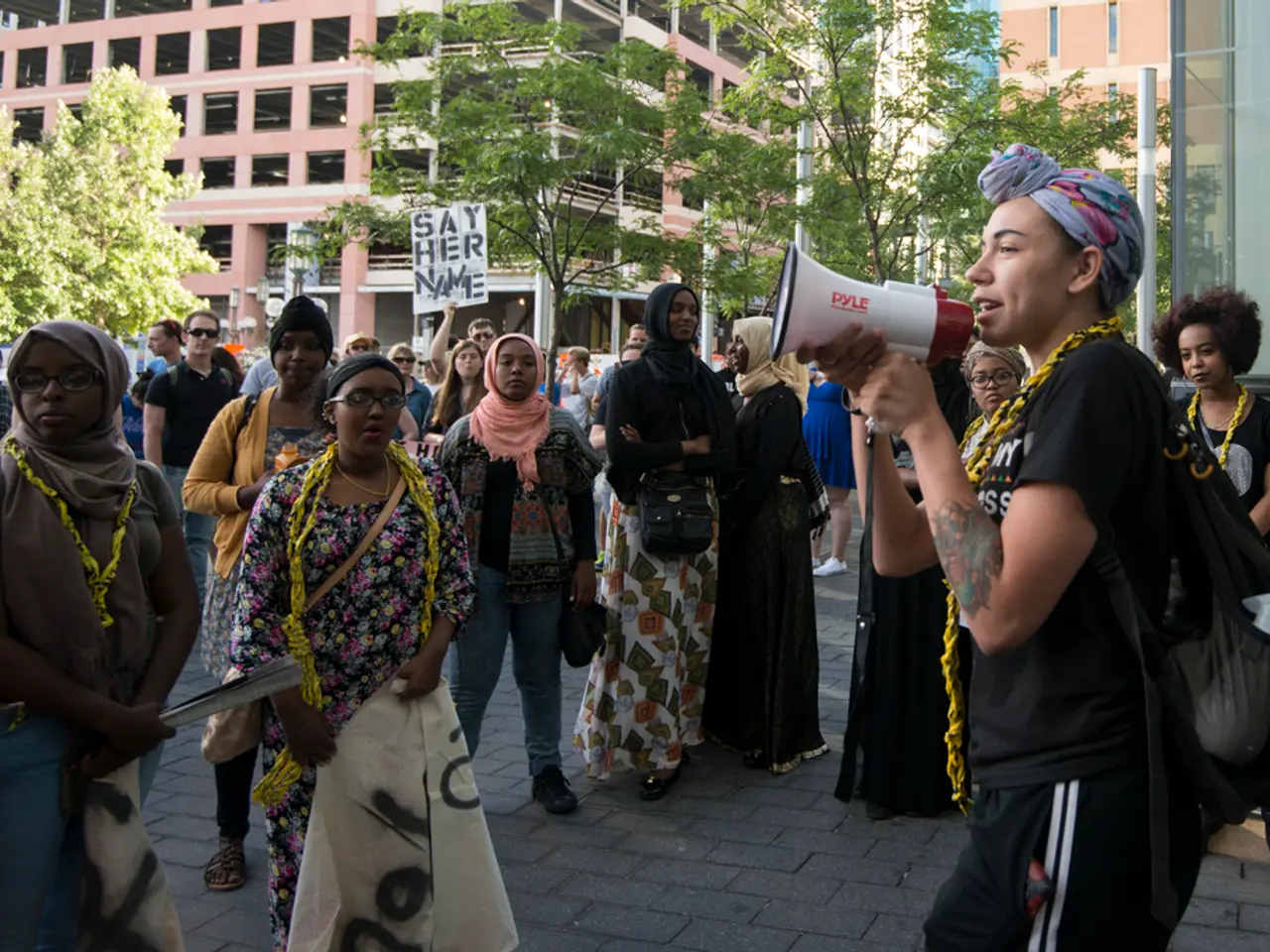Building halts on Trump's "Alligator Alcatraz" construction project, as per court order.
The Trump-supported migrant detention center, colloquially known as "Alligator Alcatraz," located in the heart of the Everglades, the largest subtropical wilderness in the USA, is currently under scrutiny for potential environmental violations.
The detention center, which opened at the end of June, was designed to accommodate thousands of migrants who are to be deported, according to the White House. It is being operated as an "efficient and cost-effective way" to implement Trump's mass deportation promises from his election campaign.
However, environmental protection organizations have filed a lawsuit, warning that the construction of the facility endangers the ecosystem of the Everglades. They argue that the project violated the National Environmental Policy Act (NEPA), which requires federal agencies to evaluate potential environmental impacts and allow public comment before proceeding with such projects.
The federal judge is considering halting construction over these environmental law violations, and legal disputes continue regarding jurisdiction and compliance with environmental regulations. The state of Florida representatives, however, have dismissed reports of terrible conditions at the detention center as "completely false."
In addition to the environmental lawsuit, there are also lawsuits related to detainee rights at the facility. But the environmental lawsuit is specifically focused on the oversight of the project's impact on the Everglades ecosystem and the neighboring Big Cypress National Preserve.
Despite the ongoing legal disputes, the operation of the detention center remains unaffected. Reports from inmates at the facility have detailed disastrous conditions, including insufficient meals in snack size and sleep deprivation due to lights being on 24 hours a day.
When it rains, beetles crawl into the tents where the detainees are held. More than eight hectares of the wetland area in a little-used airport in Florida have been paved over for the construction of tents for 3,000 inmates and hundreds of mobile homes for 1,000 employees at the detention center.
The Washington Post and other US media have reported on the temporary halt and the potential violations of environmental protection laws. As the legal proceedings unfold, the future of the controversial detention center remains uncertain.
[1] The Washington Post. (2021, July 16). Federal judge temporarily halts construction on Florida migrant detention center over environmental concerns. Retrieved from https://www.washingtonpost.com/national-security/2021/07/16/federal-judge-halts-construction-florida-migrant-detention-center-over-environmental-concerns/
[2] The Guardian. (2021, July 16). Trump administration faces legal challenge over Florida migrant detention centre. Retrieved from https://www.theguardian.com/us-news/2021/jul/16/trump-administration-legal-challenge-florida-migrant-detention-center
[3] CNN. (2021, July 16). Federal judge halts construction on Florida migrant detention center over environmental concerns. Retrieved from https://www.cnn.com/2021/07/16/politics/migrant-detention-center-florida-environmental-lawsuit/index.html
The European Union, with its commitment to a common policy on asylum, expresses concern over the environmental-science implications of the controversial migrant detention center in Florida, as reported in general-news sources such as The Washington Post, The Guardian, and CNN.
The ongoing legal disputes regarding the detention center's potential violations of environmental protection laws could set a significant political precedent, highlighting the importance of balancing immigrant policies with environmental conservation efforts.








